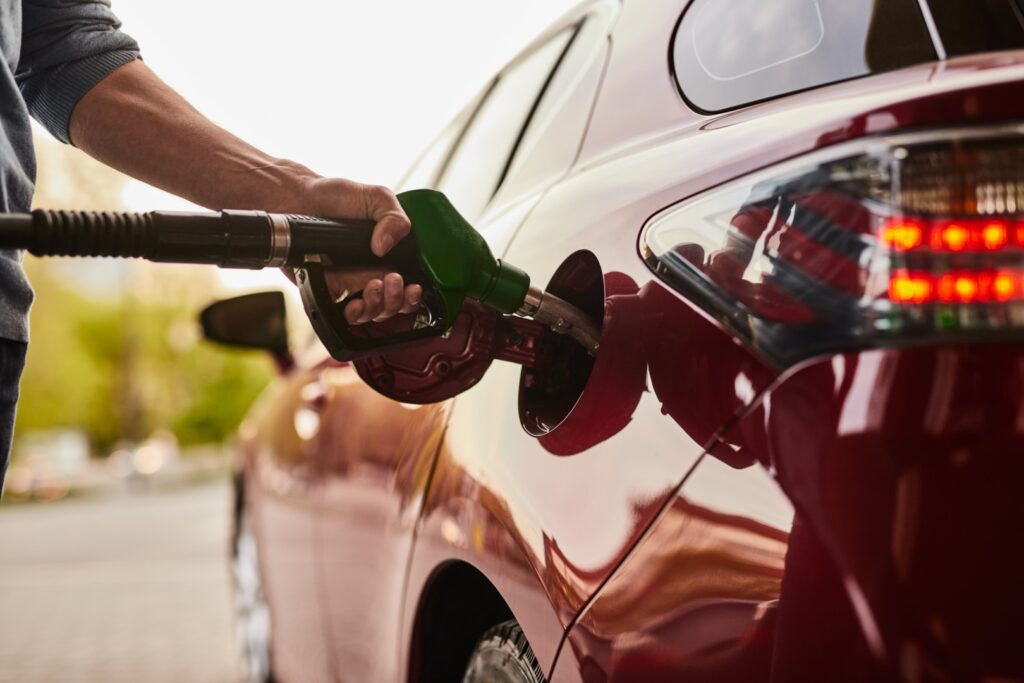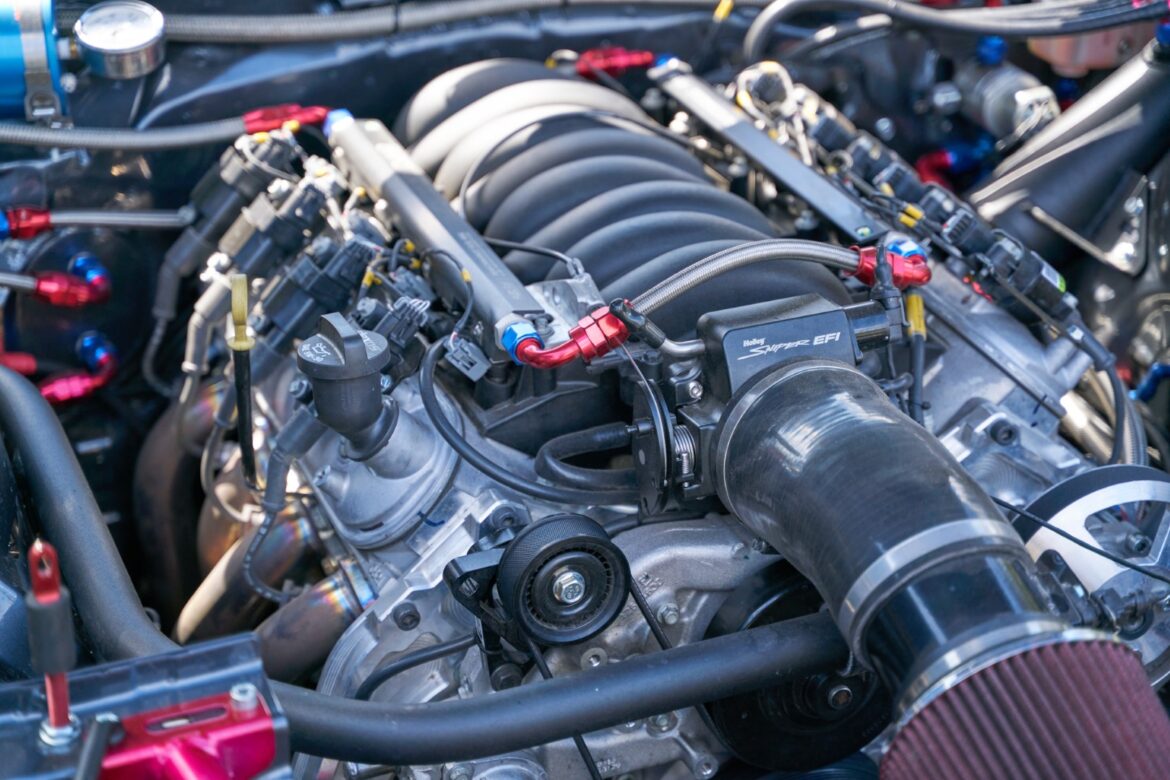The debate between diesel and gasoline cars has been ongoing for years. Both have their own advantages and disadvantages, and it can be difficult to determine which one is better. In this blog, we will explore the differences between diesel and gasoline cars and help you make an informed decision.

Fuel Efficiency
One of the biggest advantages of diesel cars is their fuel efficiency. Diesel engines are typically more efficient than gasoline engines, meaning they get more miles per gallon of fuel. This is due to the fact that diesel fuel has a higher energy content than gasoline. Diesel engines also have a higher compression ratio, which means they can extract more energy from each gallon of fuel. In addition, diesel engines don’t require a spark plug, which means they don’t waste energy on the spark ignition process.
Power and Performance
Gasoline engines are typically more powerful than diesel engines. Gasoline engines have a higher horsepower rating, meaning they can accelerate more quickly and reach higher speeds. Gasoline engines also tend to have a smoother and quieter operation. However, diesel engines have a higher torque rating, which means they have more pulling power. This is especially useful in trucks and SUVs.
Emissions
Diesel engines have been known for their high emissions of nitrogen oxides (NOx) and particulate matter (PM). However, modern diesel engines have made significant strides in reducing emissions. New regulations require diesel engines to have advanced exhaust gas recirculation (EGR) systems and diesel particulate filters (DPF) to reduce emissions. Gasoline engines also produce emissions, but they tend to have lower levels of NOx and PM.
Maintenance
Diesel engines tend to be more durable than gasoline engines. They have fewer moving parts and operate at lower speeds, which means they experience less wear and tear. Diesel engines also don’t require a spark plug, which means they have fewer parts that need to be replaced over time. However, diesel engines tend to require more frequent oil changes and may have more expensive parts.

Cost
Diesel cars tend to be more expensive than gasoline cars. Diesel engines are more complex and require specialized parts, which can increase the cost of maintenance and repair. Diesel fuel is also typically more expensive than gasoline, which can increase the cost of ownership. However, diesel cars tend to have a longer lifespan than gasoline cars, which can offset the higher upfront cost.
Which Is Better?
Ultimately, the decision between diesel and gasoline cars comes down to personal preference and needs. If you’re looking for a car that gets great fuel efficiency and has a long lifespan, a diesel car may be the right choice for you. If you’re looking for a car that has more power and a smoother operation, a gasoline car may be the right choice. It’s also important to consider factors such as emissions, maintenance costs, and overall cost of ownership. In conclusion, the debate between diesel and gasoline cars is ongoing. Both have their own advantages and disadvantages, and it’s important to consider your personal needs and preferences when making a decision. Whether you choose a diesel or gasoline car, make sure to do your research and choose a reliable and efficient vehicle that meets your needs.

